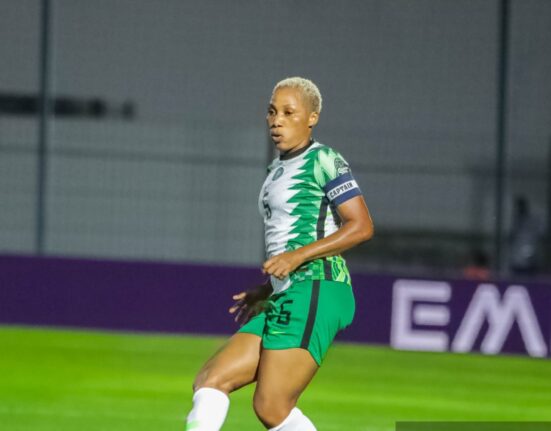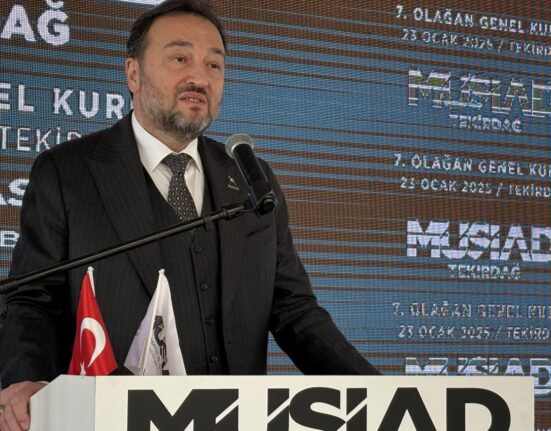In a bustling city, under the warm African sun, the Banque d’Investissement et de Développement de la CEDEAO (BIDC) and the Assurance pour le Développement du Commerce et de l’Investissement en Afrique (ATIDI) came together to forge a new path towards enhancing support for the private sector in West Africa. The scene was set during the 2025 Annual Meetings of the African Development Bank Group in Abidjan, where these two institutions penned a significant agreement aimed at bolstering their collaboration.
As they put pen to paper on this pivotal accord, it laid down a comprehensive framework for cooperation between BIDC and ATIDI. The primary aim? To mitigate risks associated with private transactions, ultimately creating an environment ripe for increased investments under more competitive conditions. This partnership isn’t merely about signing papers; it’s about driving real change in key economic sectors like industrialization, infrastructure development, and regional value chains.
Dr. George Agyekum Donkor, President of BIDC, emphasized the critical role of credit insurance in securing optimal financing. He commended certain ECOWAS member states like Benin, Côte d’Ivoire, and Cape Verde for their positive credit ratings that boost investor confidence.
“Credit insurance is a strategic tool in mitigating the impact of macroeconomic and political challenges facing the region,”
Dr. Donkor remarked sagely.
Amidst nods of agreement from those gathered around him, he highlighted demographic shifts and rapid urbanization as pressing issues necessitating increased investments in infrastructure and energy. These are not just words but a call to action – an urgent plea to address these challenges head-on through sustained financial commitments.
On the other side of this transformative alliance stands Manuel Moses, Director General of ATIDI. For him, this protocol marks a crucial step towards easing access to funding—especially for small and medium-sized enterprises (SMEs) grappling with structural hurdles.
“This partnership underscores the need for strategic collaboration among regional institutions to make a tangible impact on economic development,”
Moses asserted confidently.
Describing how this cooperation will benefit citizens across ECOWAS nations echoes promises of prosperity on the horizon—a vision both optimistic and practical simultaneously taking shape before our eyes.
Let’s take a closer look at these two stalwart institutions: ATIDI – African Trade and Investment Development Insurance established back in 2001—has been providing safeguards against political risks, non-payment issues as well as contractual obligations throughout Africa amassing transactions totaling an impressive $88 billion thus far. With solid ratings such as A/Stable by Standard & Poor’s and A2/Positive by Moody’s backing its operations—the institution stands firm as a beacon of reliability within financial circles.
Meanwhile, based out of Lomé lies BIDC—the development finance institution for ECOWAS channeling funds into projects spanning infrastructural improvements to industrial growth along with rural development initiatives alongside basic social services via loans participations credit lines—all fueled by refinancing mechanisms that keep this vital engine running smoothly day after day.
The road ahead seems brighter now—an avenue paved with promise where collaborative efforts lead to lasting transformations benefiting one and all traversing borders cultures alike painting a picture hope resilience unity across vast landscapes promising better tomorrows today—and beyond.









Leave feedback about this